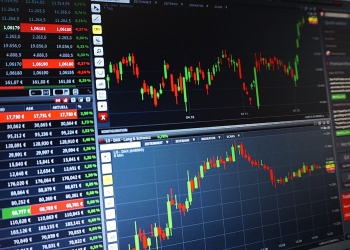Visa Inc (V.N) has complained to the U.S. government that India’s “informal and formal” promotion of domestic payments rival RuPay hurts the U.S. giant in a key market, memos seen by Reuters show. In public, Visa has downplayed concerns about the rise of RuPay, which has been supported by public lobbying from Prime Minister Narendra Modi that has included likening the use of local cards to national service. But U.S. government memos show Visa raised concerns about a “level playing field” in India during an Aug. 9 meeting between U.S. Trade Representative (USTR) Katherine Tai and company executives, including CEO Alfred Kelly.
Mastercard Inc (MA.N) has raised similar concerns privately with the USTR. Reuters reported in 2018 that the company had lodged a protest with the USTR that Modi was using nationalism to promote the local network. “Visa remains concerned about India’s informal and formal policies that appear to favor the business of National Payments Corporation of India” (NPCI), the non-profit that runs RuPay, “over other domestic and foreign electronic payments companies,” said a USTR memo prepared for Tai ahead of the meeting. Visa, USTR, Modi’s office, and the NPCI did not respond to requests for comment.
Also, know the Top 10 Pay Later Apps in India
Modi has promoted homegrown RuPay for years, posing a challenge to Visa and Mastercard (MA.N) in the fast-growing payments market. RuPay accounted for 63% of India’s 952 million debit and credit cards as of November 2020, according to the most recent regulatory data on the company, up from just 15% in 2017. Finance Minister Nirmala Sitharaman said last year that “RuPay is the only card” banks should promote. The government has also promoted a RuPay-based card for public transportation payments.
Visa told the U.S. government it was concerned about India’s “push to use transit cards linked to RuPay” and “the not so subtle pressure on banks to issue” RuPay cards, the USTR email showed. Mastercard and Visa count India as a key growth market, but have been jolted by a 2018 central bank directive for them to store payments data “only in India” for “unfettered supervisory access”.
























